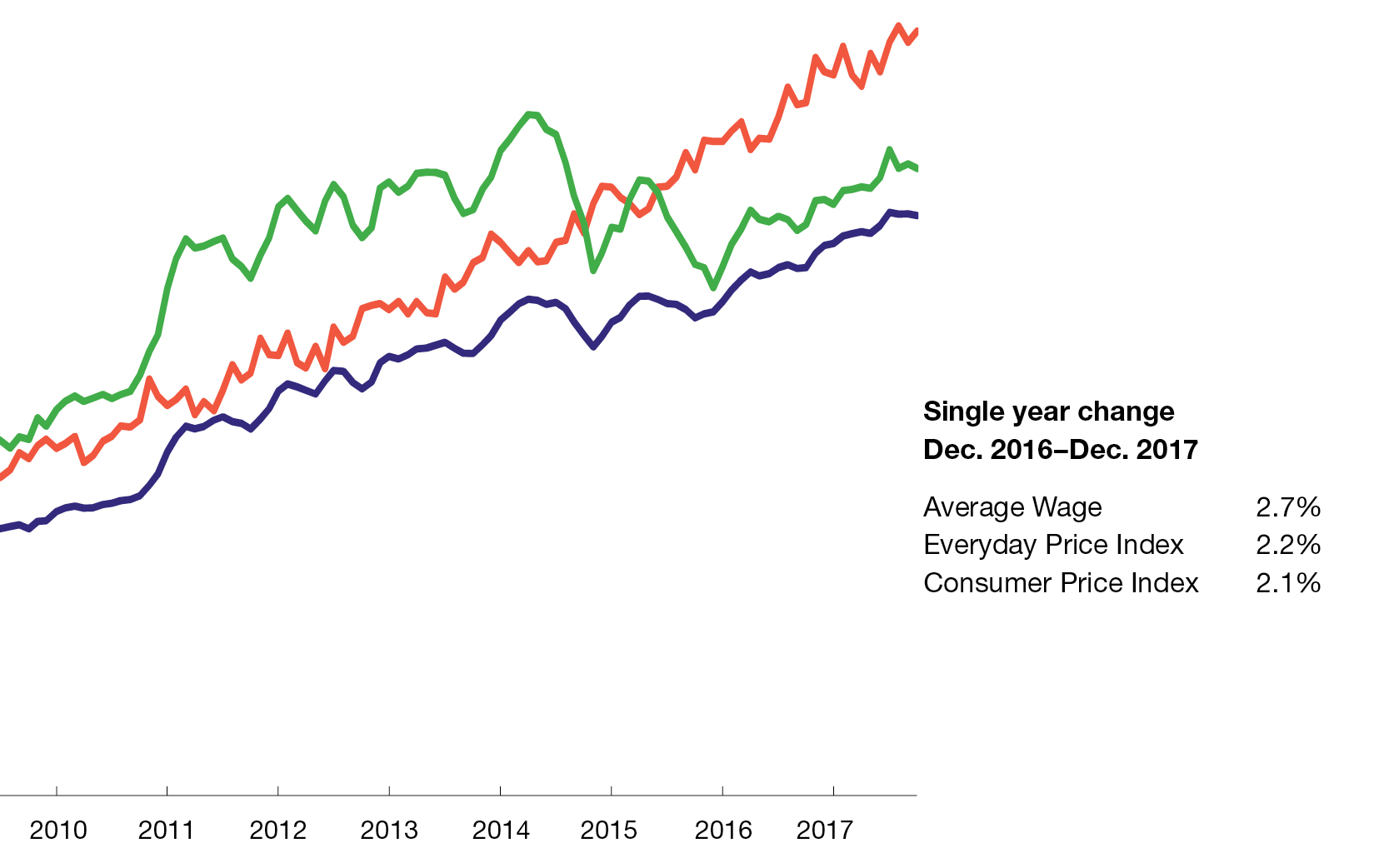Abolish the Consumer Financial Protection Bureau
In light of these objections and the general complaint that “independent” regulatory agencies amount to an unconstitutional delegation by Congress of its legislative power to the executive branch, the CFPB seems to stand on shaky legal grounds. But a more fundamental objection exists — for even if the CFPB were constitutionally sound, it would objectionable, namely, economic grounds. A coercive government agency that presumes to protect consumers undermines features of the market economy that ensure the delivery to consumers of highest quality goods and services at the lowest prices. The most effective way to protect consumers, then, is through free and open competition. But government regulation — not just through the CFPB but also through the panoply of regulatory agencies — stifles competition.
The CFPB’s website declares, “We aim to make consumer financial markets work for consumers, responsible providers, and the economy as a whole. We protect consumers from unfair, deceptive, or abusive practices and take action against companies that break the law.” Specifically, the bureau claims, among other things, to “take action against predatory companies and practices that violate the law.” Its list of objectives includes “rooting out unfair, deceptive, or abusive acts or practices by writing rules, supervising companies, and enforcing the law” (emphasis added); “enforcing laws that outlaw discrimination in consumer finance”; “taking consumer complaints”; and “monitoring financial markets for new risks to consumers.”
According to Norbert Michael, “Financial crimes against consumers were regularly prosecuted long before the CFPB was created.” So why a new agency? Here’s why: the CFPB has powers far beyond handling consumer-initiated complaints. It also has the power to write rules. Moreover, Michael writes, “Congress transferred authority for approximately 50 existing rules and orders [writing by regulatory agencies] stemming from almost 20 federal consumer-protection statutes over to the new bureau…. The pre-Dodd-Frank regime focused on protecting consumers against businesses that engaged in deceptive or unfair practices. Dodd-Frank went further, giving the CFPB the authority to develop a new, ill-defined, consumer-protection concept: abusive practices.”
When Congress authorizes and pays bureaucrats to write rules, they will write rules. As Michael Calabria of the Cato Institute notes, the CFPB “promises to do for nonbank financial companies what the federal government has done for banks: subject them to political pressure to follow noneconomic lending standards.”
A regulator’s decrees by nature face no competitive-market test since all firms must comply with the decrees. But competition is, as F. A. Hayek taught, is a “discovery procedure.” Thanks to freedom of entry and free pricing, which tend to be (often unwittingly) restricted by regulation, market competition reveals through the price system critical knowledge that we cannot count on otherwise learning. For this reason, even if we assume a regulator’s sincerest commitment to achieving the public interest (Public Choice thinkers give us good reason not to take this for granted), we should be wary of bureaucratic rule-making.
Why? Because, as Israel Kirzner explained in “The Perils of Regulation: A Market-Process Approach”: “To announce that one can improve on the performance of the market, one must also claim to know in advance what the market will reveal. This knowledge is clearly impossible in all circumstances. Indeed, where the market process has been thwarted, in general it will not be possible to point with certainty to what might have been discovered that has now been lost.”
Competition and entrepreneurship propelled by the search for profits — are better positioned to serve consumers than monopolistic regulators are. As Milton and Rose Friedman wrote in Free to Choose, “On the whole, market competition … protects the consumer better than do the alternative government mechanisms that have been increasingly superimposed on the market…. The consumer is protected from being exploited by one seller by the existence of another seller from whom he can buy and who is eager to sell to him.”
The CFPB and the existing constellation of financial regulations and corporate guarantees should be abolished.






